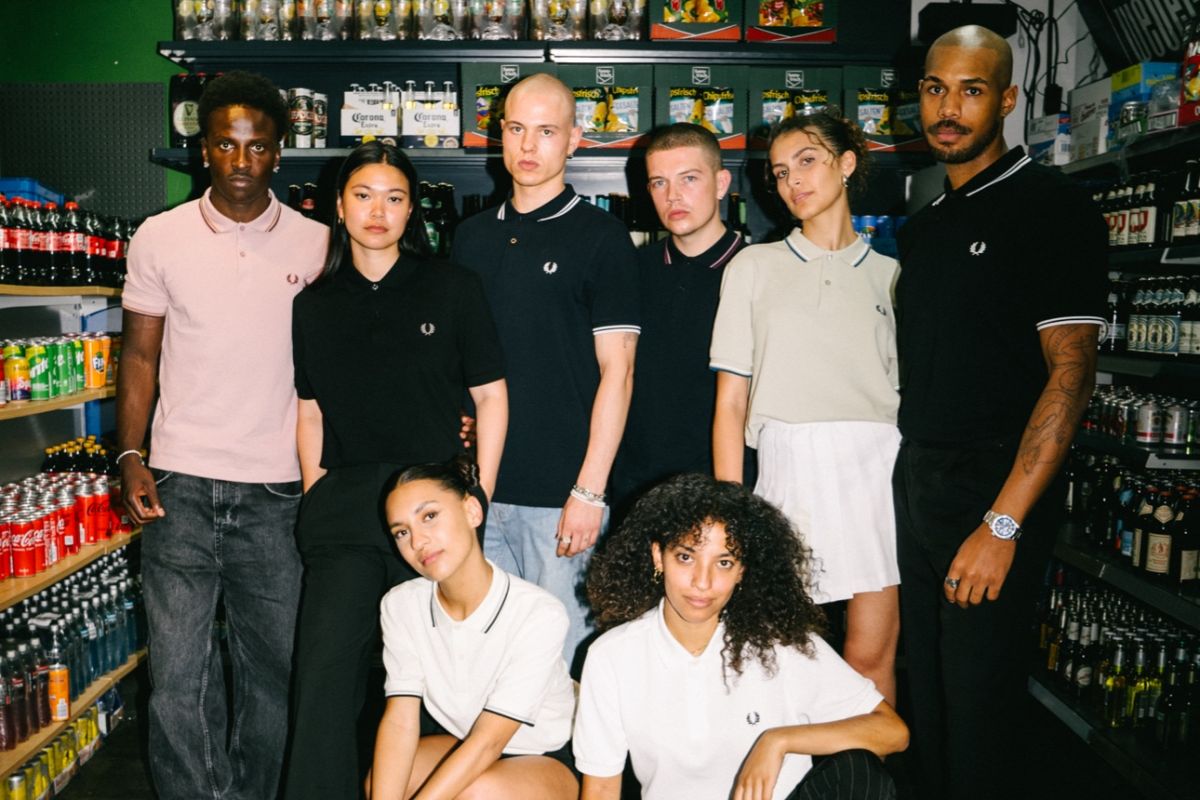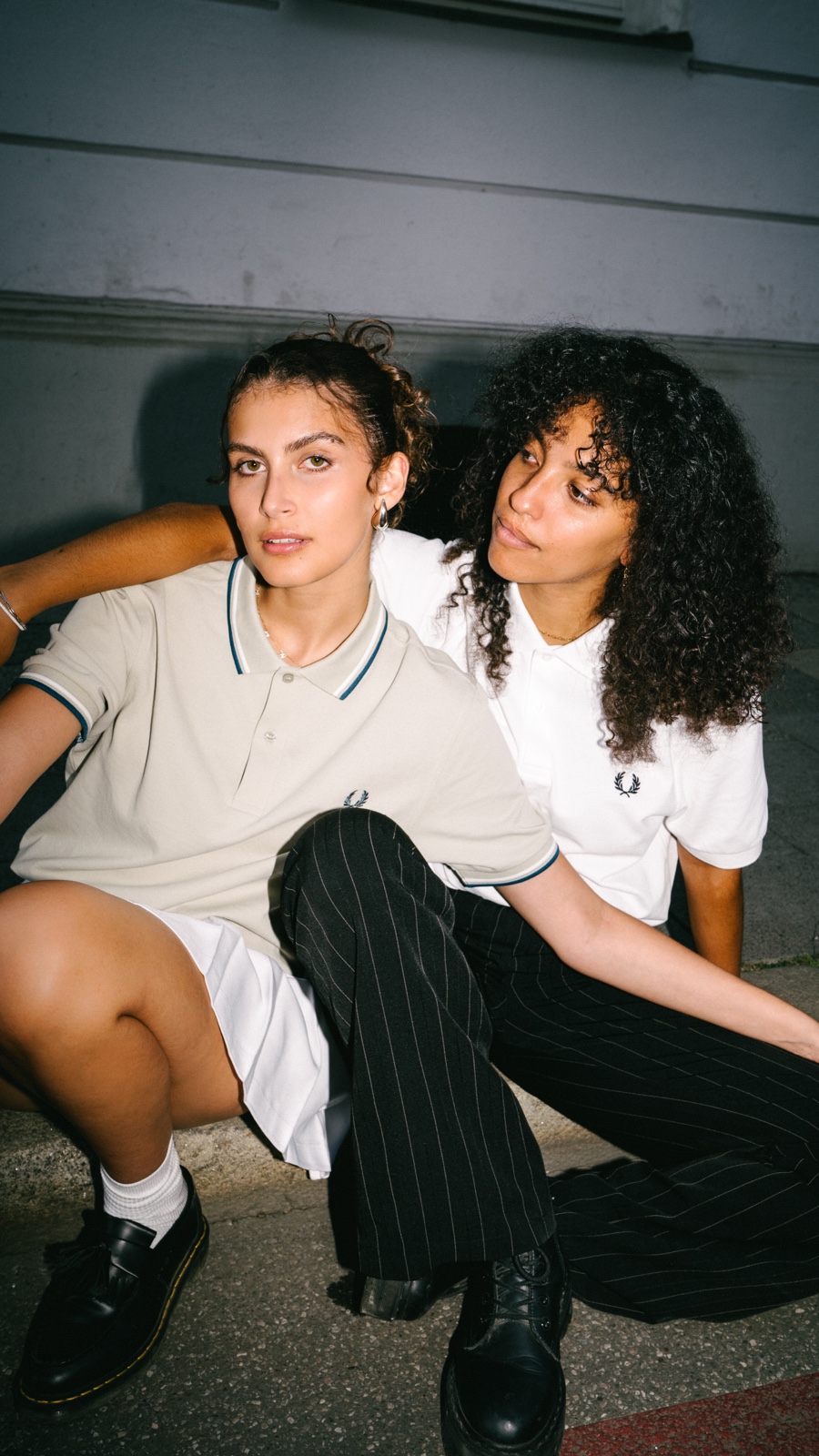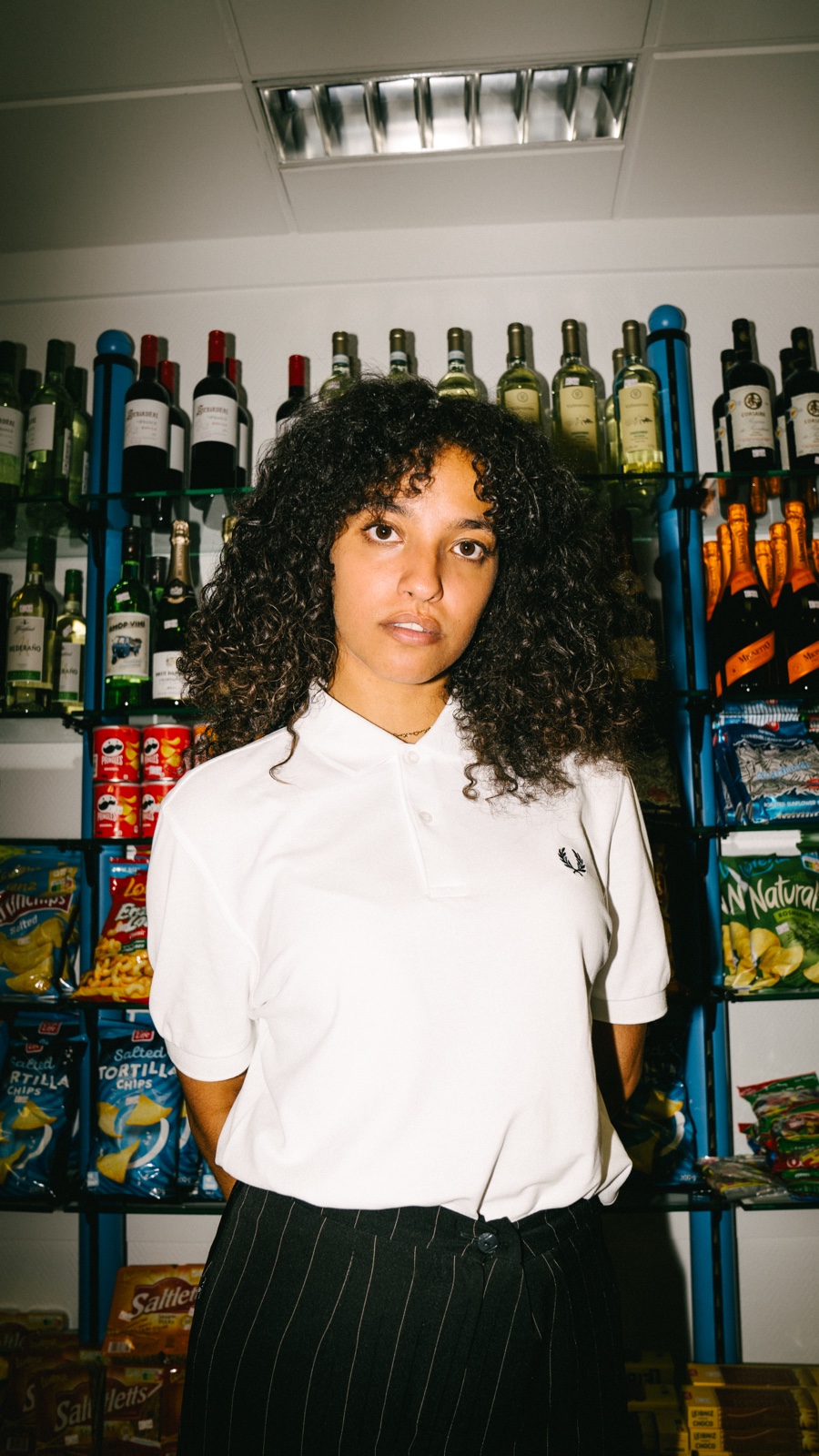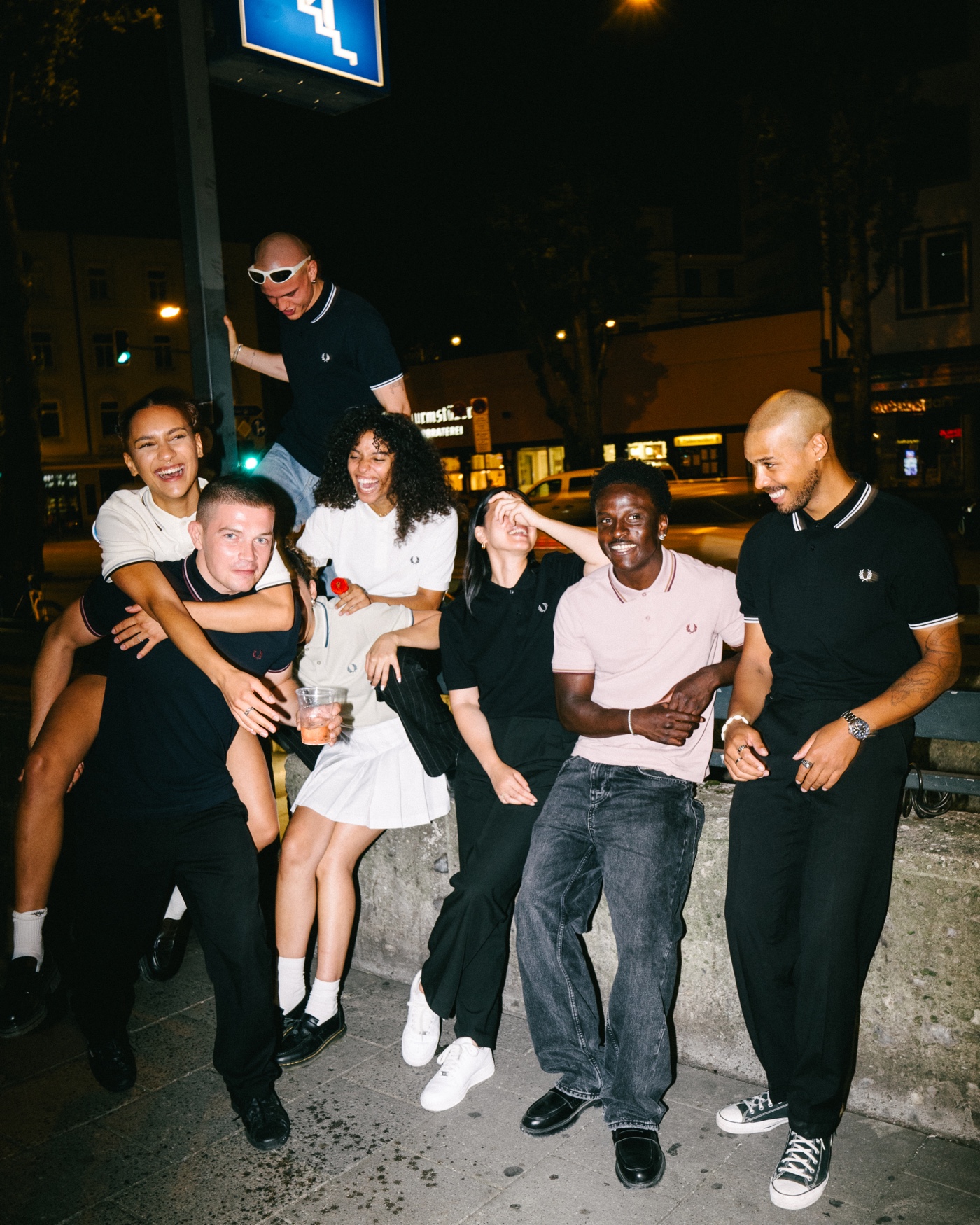Not all heroes wear capes. Sometimes, they’re just open late.
While they are known by various names in different regions of the country (from ‘Späti’ to ‘Bude’ or ‘Trafik’), a kiosk is an essential element of nightlife culture in many German (-speaking) cities since it provides some of the essential items of nightlife culture – at the most relevant time of day night.
The word ‘Ladenöffnungszeitengesetz’ will tell you two things about Germans: Number one, they will probably win in Scrabble. And secondly, their lawmakers care irritatingly accurately about how long businesses – like supermarkets – are allowed to be open.
Luckily, there is German five-letter word for hero.








